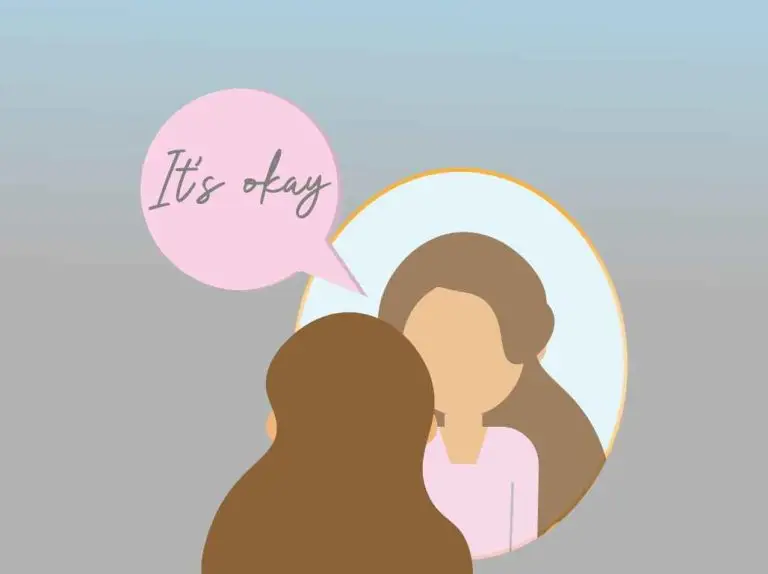A Compassionate Perspective On Relapse
While relapse may feel like failure and the end of the world, self-compassion can be the motivation that changes everything. Here’s why relapse doesn’t mean you’ve failed. When it comes to addiction recovery, setback can trigger a myriad of emotions—from shame and guilt to frustration and despair. But that’s not all there is to the story. How can you change your negative self-talk to positive reinforcement? The first step is understanding how you got to this place of hurt, and then giving yourself the gift of seeing your journey in a different light.
Understanding Setbacks In the Recovery Journey
Addiction recovery is not a linear process; it’s more like a winding road with its share of bumps and turns. Relapse, while not inevitable, is a common experience for many people undergoing recovery. In fact, relapse is often a sign that your treatment plan may need adjustment, rather than an indicator of personal failure.
A Step Toward Learning
When a relapse occurs, it can serve as a learning experience. It provides an opportunity to reassess your triggers, reevaluate your coping mechanisms, and make necessary adjustments to your treatment plan. Resources like treatment materials for patients can offer valuable insights into managing triggers and coping mechanisms.
The Role of Self-Compassion
For almost everyone, addiction happens over a long period of time, not overnight. That means unhealthy habits and obsessions started slow before they took over. Recovering is not just stopping the drug or alcohol, it means learning a whole new way to live including new habits and healing. Because the recovery journey takes time, we know that setbacks are inevitable.
It’s not smooth sailing every day as you practice a new way to live. What part does self-compassion play? We’re glad you asked. Self-compassion involves treating yourself with the same kindness and understanding you’d offer a friend who wants instant relief from a long illness. If you blame yourself, you can get stuck in the past and not be able to move forward. Self-blame is counterproductive, while self-compassion can facilitate emotional healing and make it easier to recommit to your recovery path.
When You Ban The Blame
- Less Shame, More Progress: Viewing relapse through a compassionate lens reduces shame, making it easier to seek the help you need to get back on track.
- Openness to Treatment: Accepting that setbacks are a part of the process can make you more receptive to varying forms of treatment, including comprehensive addiction treatment in New Jersey.
You Start Using Support Systems: You’re Not Alone
A robust support system, be it family, friends, or healthcare providers, can make a significant difference in how you perceive and recover from a relapse.
You Can Reach Out for Help
Whether it’s your first or subsequent relapse, professional help can guide you back to recovery. The SAMHSA National Helpline is a confidential, free resource available 24/7 for those who need immediate assistance.
You Can Plan Your Path Forward
Each person’s recovery journey is unique, and what works for one individual may not work for another. It may require a blend of therapies, medications, lifestyle changes, or mental health services to find what best suits you. Revising and adapting your treatment plan post-relapse can help you build a more resilient recovery strategy.
Conclusion
Understanding relapse as a chapter in your recovery story rather than the entire narrative can bring peace and purpose to an otherwise painful experience. It’s essential to consult professionals, like therapists or counselors, who can help tailor your treatment strategy and guide you back to recovery.
While it’s natural to feel disheartened by a relapse, remember, you’re not alone, and it’s never too late to get back on the path to recovery. Keep an open mind, practice self-compassion, and never hesitate to seek the support you need. Your journey to recovery is still unfolding, and this chapter, like all others, will serve its purpose in your broader narrative.
More Articles To Read About Relapse
What’s Your Relapse Prevention Plan
Focus On Health For Relapse Prevention





















